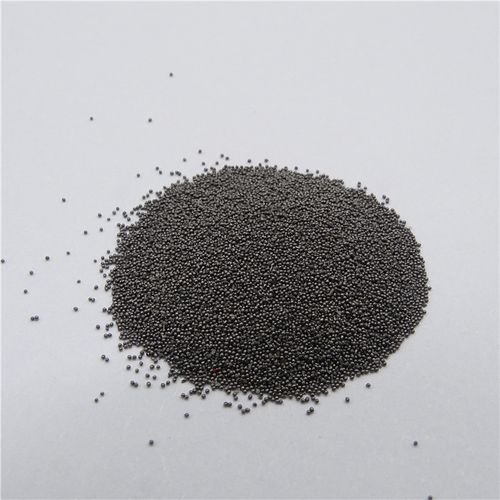Tungsten carbide is an incredibly hard and wear-resistant material widely used in cutting tools, mining equipment, and various industrial applications. A common question regarding this compound concerns its magnetic properties: is tungsten carbide magnetic? The answer is generally no, tungsten carbide itself is not magnetic. It does not exhibit ferromagnetism like iron, nickel, or cobalt. Pure tungsten carbide (WC) is typically considered a paramagnetic material. This means it is very weakly attracted to magnetic fields, but this attraction is extremely slight and not noticeable in everyday handling or typical applications. The magnetic susceptibility of WC is very low. Therefore, for practical purposes, pure tungsten carbide is often described as non-magnetic. This non-magnetic nature is a key advantage in certain specialized applications where magnetic interference must be avoided, such as in sensitive electronic equipment or specific medical devices. However, it’s crucial to note that the most common form of tungsten carbide used industrially is cemented carbide. This material consists of tungsten carbide grains bonded together with a metallic binder, most often cobalt. Cobalt *is* ferromagnetic. Consequently, cemented carbide containing cobalt *will* exhibit magnetic properties due to the cobalt matrix. The magnetic response depends heavily on the cobalt content percentage and its distribution. Higher cobalt content generally means stronger magnetism. So, while the tungsten carbide grains themselves are non-magnetic, the final cemented carbide product can be magnetic if cobalt is used as the binder. Understanding this distinction is vital when selecting materials for applications where magnetism is a critical factor.
(tungsten carbide magnetic properties)
Inquiry us
if you want to want to know more, please feel free to contact us.
